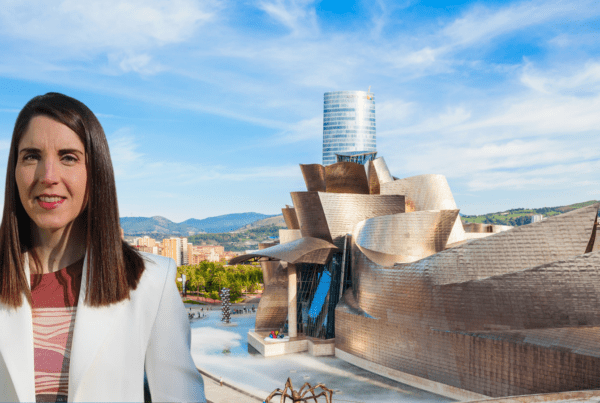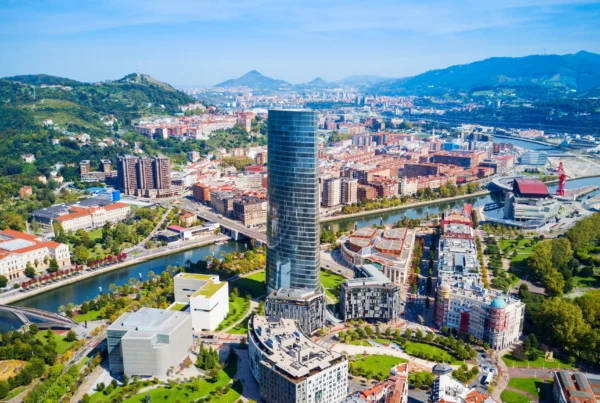Municipalities and regions shaping COP21 success
In December 2015, the Paris Summit (COP21) became a milestone in global climate governance. For Europe’s municipalities and regions, represented by CEMR and PLATFORMA, it was the moment to demonstrate that climate action succeeds only when local and regional governments are part of the solution. By presenting clear demands, affirming shared values, and committing to concrete actions, local leaders positioned themselves as indispensable actors in the transition to low-carbon societies.
Developing the Demands and Values
Local and regional governments brought forward a set of concrete demands to ensure their recognition in climate governance. They called for:
- A structured EU dialogue to integrate the subnational dimension into the UNFCCC process.
- A formal seat at the COP negotiation table for municipalities, regions, and their associations.
- Stronger support for networks, enabling them to deliver unified positions and assist EU institutions.
- Mainstreaming climate across all EU and national policies, ensuring local perspectives are embedded from the outset.
- Recognition of green public procurement as a driver for innovation and CO₂ reduction.
- Links between COP outcomes, the SDGs, and Habitat III, ensuring consistency across global agendas.
- Adequate financing and research tools, including access to EU Structural and Investment Funds and international climate funds.
- Better EU regulation, with early recognition of local authorities in decision-making.
- Support for knowledge exchange at the subnational level in Europe and globally.
Underlying these demands are shared values: confidence in local governments’ ability to deliver, support for the EU’s climate objectives, and the conviction that climate action is also an opportunity for green jobs and sustainable growth.
Actions on the Ground
Municipalities and regions also highlighted how they are already leading by example:
- Multi-actor governance: championing bottom-up approaches, engaging with all levels of government and stakeholders to tackle climate change collectively.
- Local leadership: through initiatives like the Covenant of Mayors and Mayors Adapt, thousands of cities have set ambitious emission-reduction goals.
- Networking for impact: collaborating across European and global networks to amplify messages and coordinate strategies.
- Tools for sustainable planning: promoting the Reference Framework for Sustainable Cities (RFSC) to benchmark and guide local sustainable development.
- Decentralised cooperation: supporting international partnerships where European municipalities work hand in hand with peers worldwide to advance sustainable urban development.
At COP21, local and regional governments made clear that the Paris Agreement could only succeed with their full participation. Their message was simple but powerful: municipalities and regions are closest to citizens, already delivering results, and ready to scale up climate ambition. Recognising and empowering them is not optional, it is essential to building a sustainable, low-carbon future.
For more information, contact:

Senior Advisor – Global Agendas, SDGs & Climate







